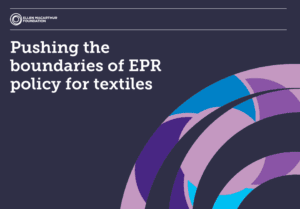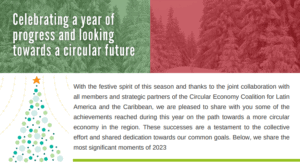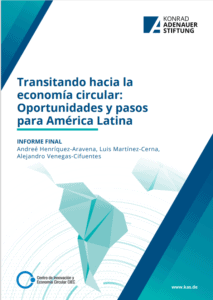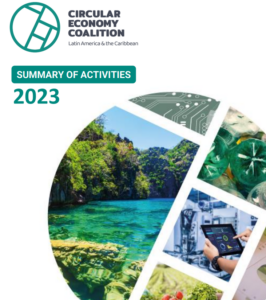 More than 80% of textile products escape the system when discarded: incinerated, landfilled, or leaked into the environment. This is a consequence of the current linear system of resource extraction. These products are not properly managed since they are not recirculated after being discarded. Therefore, to accelerate the transition to the circular economy of the textile sector, the companies that put the product on the market (producers) must be responsible for the management of their products when consumers discard them. This is called: Extended Producer Responsibility (EPR).
More than 80% of textile products escape the system when discarded: incinerated, landfilled, or leaked into the environment. This is a consequence of the current linear system of resource extraction. These products are not properly managed since they are not recirculated after being discarded. Therefore, to accelerate the transition to the circular economy of the textile sector, the companies that put the product on the market (producers) must be responsible for the management of their products when consumers discard them. This is called: Extended Producer Responsibility (EPR).
This report by the Ellen MacArthur Foundation highlights the importance of implementing EPR policies in the textile sector as a comprehensive solution to this global problem. To this end, it proposes a common approach to designing these policies, based on the circular economy principles. It also describes how EPR can stimulate circular design, extend the use phase of textile products, and address the polluting impacts occurring throughout their entire lifecycle.
To learn more, we invite you to download the report here.




